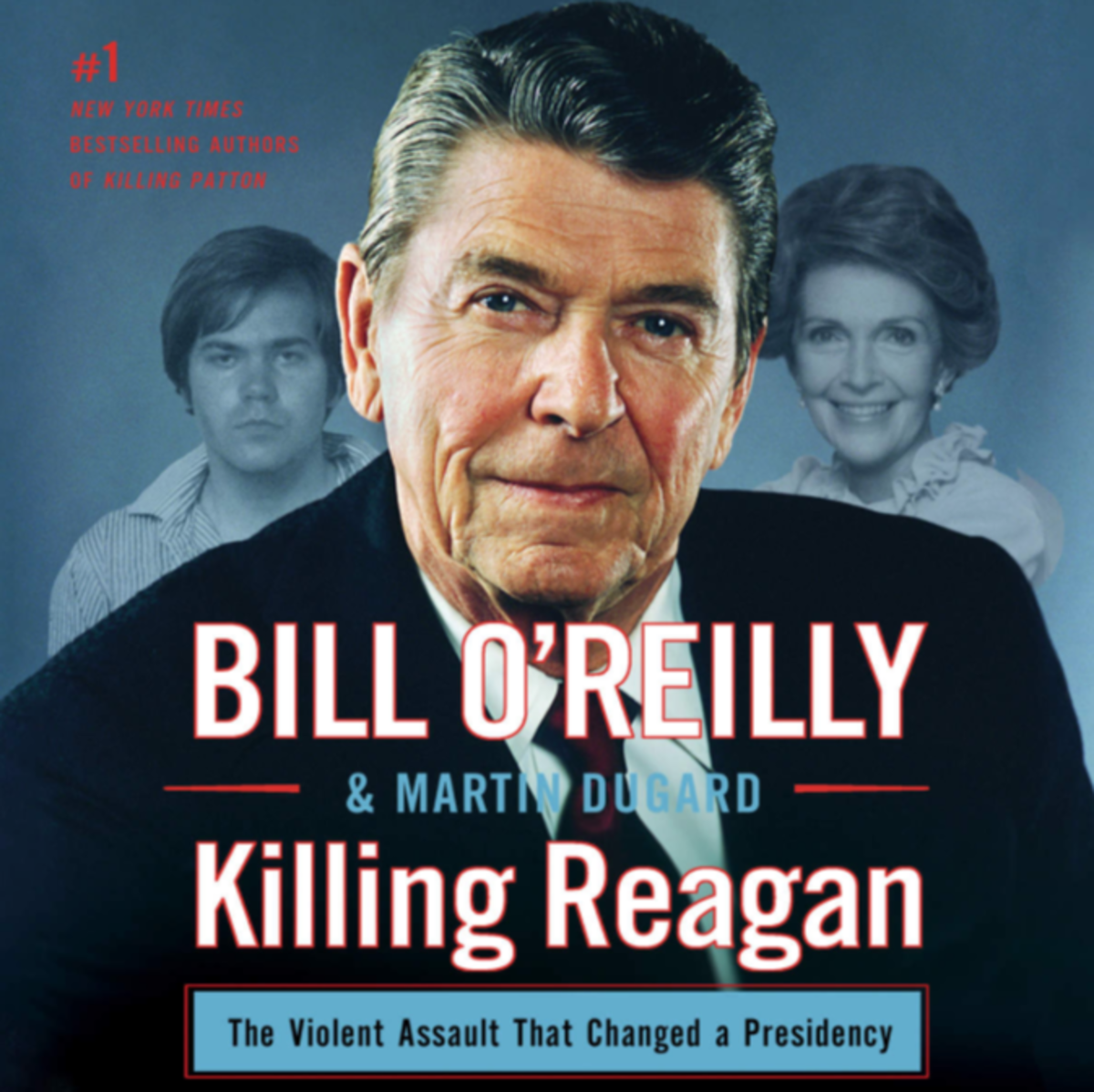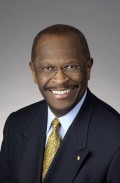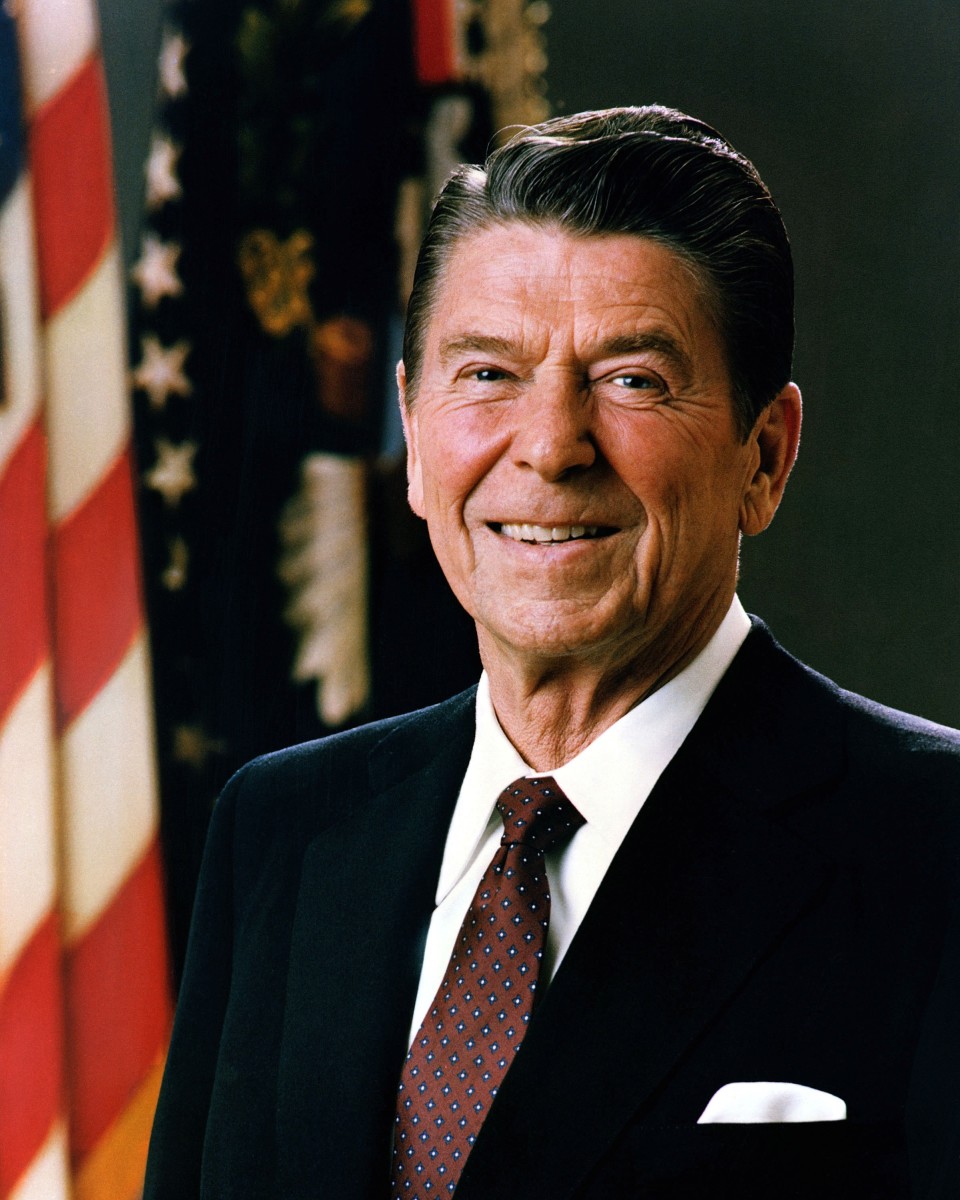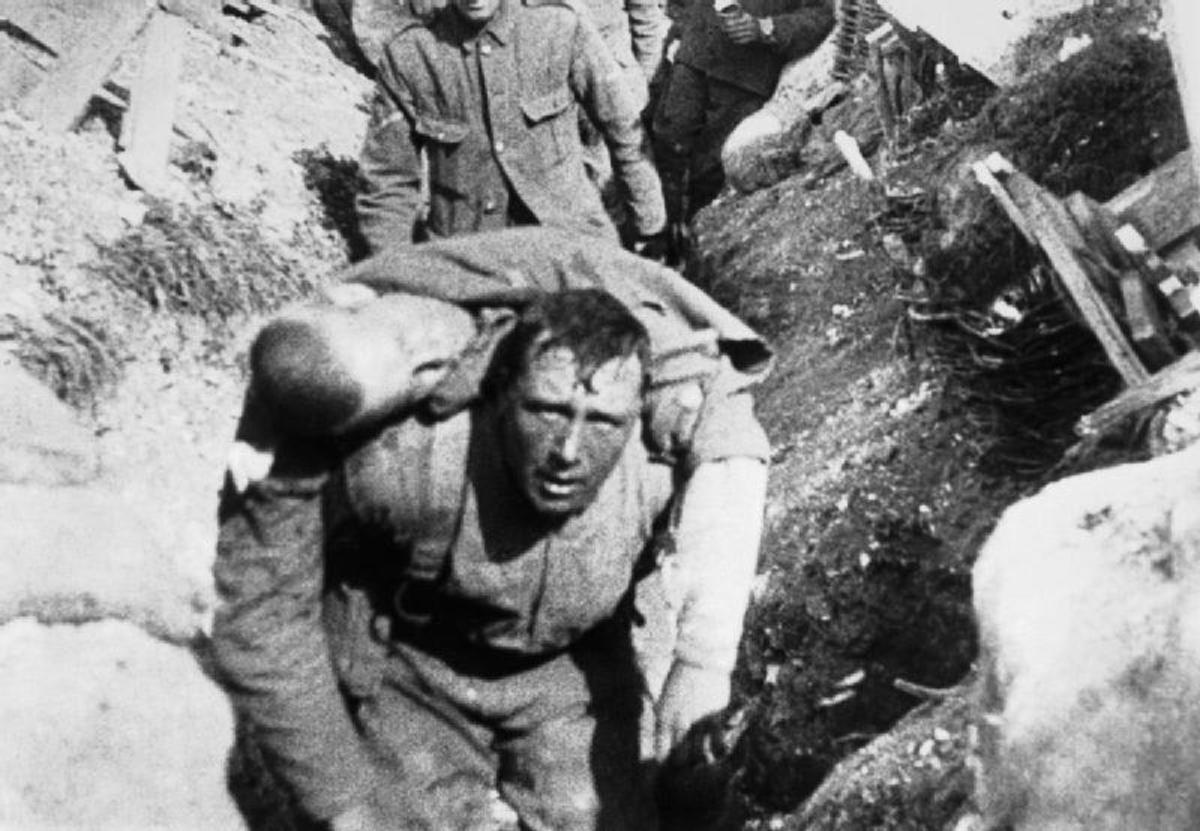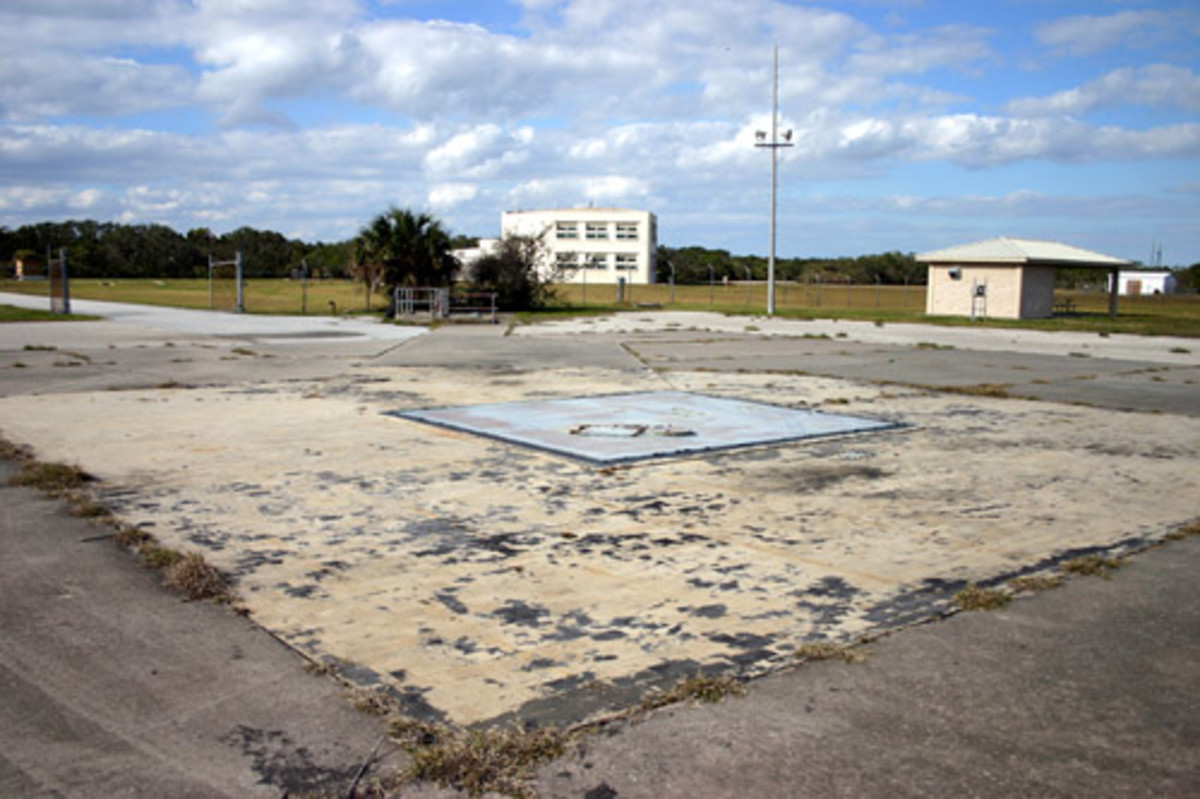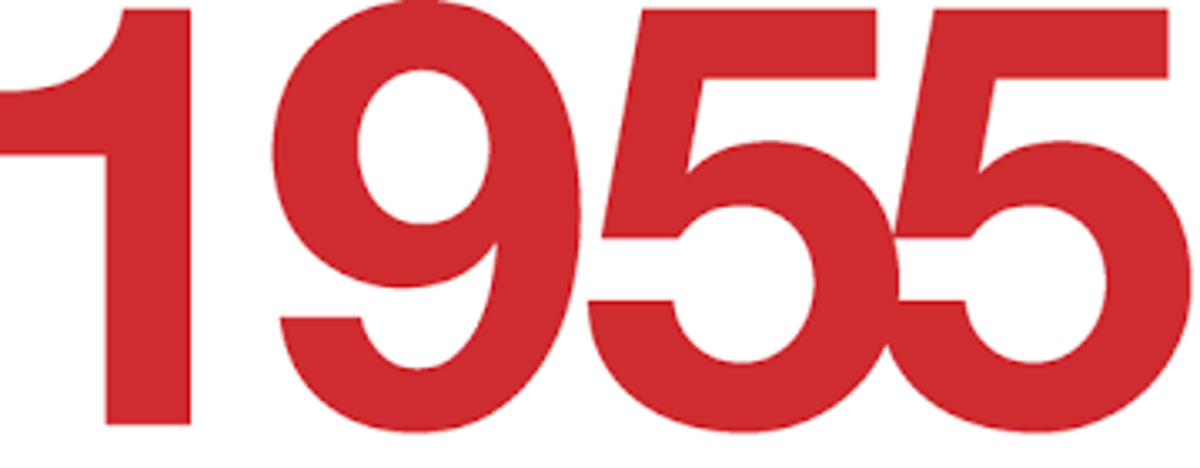- HubPages»
- Education and Science»
- History & Archaeology»
- History of the Modern Era»
- Twentieth Century History
Could Ronald Reagan Win a Republican Nomination Today?
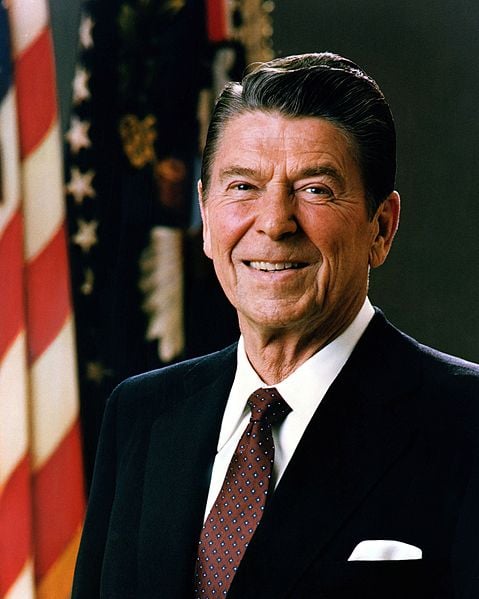
Watch any conservative pundit on Fox News or any other political commentary, listen to conservative talk radio, and the biggest hero of all seems to be Ronald Reagan. He is revered at a level that is commensurate with American legends like George Washington and Abraham Lincoln. Many would probably like to jettison the face of that Progressive Teddy Roosevelt from Mount Rushmore and replace it with St. Ronald. Yes, it is almost as if the 40th president has been beatified. Conservative commentators like Sean Hannity and Laura Ingrham have played up the question "What would Reagan do?"
Pundits such as these try to make Reagan out to be the ultimate conservative. They make it seem as though Reagan would be a Tea Party member extraordinaire. However, the question of what Reagan would do is largely answered by looking at what Reagan did do, and the record of what Ronald Reagan did do would be extremely problematic for many Americans who self-identify as conservatives today. In fact, to win the Republican nomination, the Reagan of the 1980s would have to move to the right on a number of issues.
Many conservatives, especially from the religious side of things, like to claim that social issues dominate their voting preferences. Yet, when they complain about the current President, Barack Obama, on social media, social issues seem to take a back seat to other perceived ills like the national debt, immigration, and taxes. There are definite differences in attitudes between Reagan and Obama on social issues, but when it comes to many domestic and foreign policies, there are some striking similarities in action, even though the rhetoric is frequently couched in different terms.
Please Note: I am a Christian that most would consider a pretty conservative evangelical. I am also trained as a historian, so I take an accurate understanding of the past seriously. I was too young to vote for Reagan, and I did not vote for Obama either time. These are merely observations that I have attempted to back with facts to show that the current political rhetoric is way to the right of what it was during Reagan's day. In some ways, Obama would actually have passed as a decent moderate (or even conservative) in the 1980s, rather than the Marxist liberal that he is perceived as today.
Could Ronald Reagan win a Republican nomination today?
Why Does This Matter?
Many Facebook accounts have been littered with all sorts of anti-Obama posts over the past few years. Some seem to insinuate that President Barack Obama wants to see America fail and is in the process of attempting to see this to fruition through the national debt. Others still spew the argument that he was not born in the United States. Many people call Obama a Communist. Still others think he is a Muslim that is attempting to fund radical Islamists to take over America.
I will personally note that I voted for President Obama in neither of his elections. I voted third party both times. However, I would also point out that all of the above assertions are erroneous at best and slanderous at their worst. When trying to understand President Obama, it must be noted that history must be consulted. Of course, one of the best ways to figure this out is to ask "What Would Reagan Do?"
Reagan on Guns
Many people who think that Reagan is the epitome of conservative principles assail President Obama on his stand on guns. Please note that this is not meant to make a stance one way or another on the gun issue. It is rather meant to show how far to the right the current political discourse has shifted over time.
Many people fear that the government is trying to take all guns away. They think that it is a conspiracy on the part of President Obama to take away all freedom and make them slaves of the state. Therefore, there are tons of forum posts, Facebook posts and the like that complain about Obama's call for smaller magazines and background checks.
President Reagan, widely viewed as a staunch defender of Second Amendment rights, actually stated something that was much more restrictive in terms of guns. He on one occasion reacted in the following way to the attempts of the Black Panther Party to march into the California State Capitol with guns (quote taken from Adam Winkler's Atlantic article on "The Secret History of Guns":
"Republicans in California eagerly supported increased gun control. Governor Reagan told reporters that afternoon that he saw 'no reason why on the street today a citizen should be carrying loaded weapons.' He called guns a 'ridiculous way to solve problems that have to be solved among people of good will.' In a later press conference, Reagan said he didn’t 'know of any sportsman who leaves his home with a gun to go out into the field to hunt or for target shooting who carries that gun loaded.' The Mulford Act, he said, 'would work no hardship on the honest citizen.'”
This rhetoric from one of the modern fathers of conservatism does not sound anything like what comes from the mouth of conservatives today. Some might think that the assassination attempt on President Reagan might have changed his mind. The quotes above actually come from 1967, not 1981.
After the assassination attempt, Reagan would campaign for both the Brady Bill and the 1994 Assault Weapons ban. He wrote an op-ed in the New York Times in favor of the former in the early 1990s and wrote a public letter with former Presidents Ford and Carterin favor of the 1994 ban. On this issue of gun rights, the historic President Reagan (and not the mythical Ronald Reagan) would probably line up more with President Obama than the current right.
Reagan on Taxes
When it comes to most pundits today, the Reagan tax cuts are the thing that most conservatives want to remember. Income taxes went down on a couple of occasions during the Reagan presidency. When he took office, the top marginal rate (but not the top actual rate) was at 70%. This rate was quite high, and he dropped it. There is the idea around today that just cutting taxes indiscriminately is the way to go.
However, Reagan saw things differently. In the 2012 election, there were complaints in the Republican primary that Social Security, the nation's most popular entitlement program, was "nothing but a Ponzi scheme" (Rick Perry). Many ultra-conservatives seem to agree with this assertion.
Ronald Reagan actually raised the payroll taxes that go to fund Social Security in order to keep the fund solvent. The Social Security tax went up by over 1.5% during Reagan's two terms in office, and nearly $20,000 per year more became taxable under the plan. This became a major tax increase on both the lower and middle classes under Reagan...and it went to fund A SOCIAL PROGRAM!
Additionally, President Reagan undertook efforts to broaden the tax base by getting rid of tax loopholes. In spite of cutting the rate, the US government actually took in more revenue, and not all of it was a result of the infamous "Laffer curve." Those who talk about the income tax rate reduction during the terms of Reagan are only telling part of the story.
- Historic Tax Rates
This document shows what the average tax rate was for each income group over the history of the United States that began with the passage of the 16th Amendment in 1913.
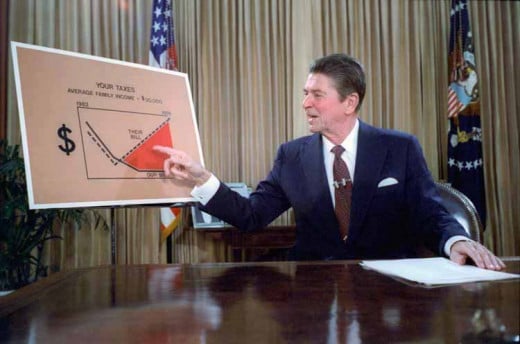
Reagan on Radical Islam
Many conservatives fear something sinister when they see President Obama giving aid to the Taliban and the Muslim Brotherhood. In the mind of many conspiracy theorists, this proves that the president is, in fact, an Islamic operative intent on making the US an Islamic caliphate, rather than an attempt to balance various factions in one of the more volatile regions in the world.
However, when looking at the record, President Reagan basically did the same thing. Two of the biggest baddies in recent American history were Saddam Hussein and Osama bin Laden. During the 1980s, the US actually sent military aid to both of these mass murderers. The reason? Reagan wanted an Islamic caliphate? No. He wanted to keep those who were considered bigger evils from gaining more power.
Saddam Hussein spent much of the 1980s in a war against the Iranians. Of course, after the Islamic Revolution (against an unpopular US-backed dictator) and the ensuing embassy hostage situation in Tehran, the Iranians and the Ayatollah Khomeini were public enemy number 1. The WWF (now WWE) came up with the Iron Sheik as one of their leading baddies.
Since Hussein was fighting our sworn enemy, he was apparently deserving of help. Of course, strengthening his position turned out to hurt US interests in the region just a few years later, and the ramifications still reverberate throughout world politics.
In 1979, the Soviet Union invaded Afghanistan. Of course, between around 1945 and 1990, the biggest bogeyman on the world stage was the commie state of the Union of Soviet Socialist Republics, AKA the Soviet Union. The Cold War made for some strange political wrangling. Since the Russians were fighting the Afghan freedom fighters, the US decided to support the resistance, which was known as the mujahideen. One of the biggest personalities in these freedom fighters was one Osama bin Laden.
Of course, with covert US support, the Afghans and bin Laden were able to repulse the Soviets. The popularity of the mujahideen and their popular reputation as freedom fighters was evident in such a patriotic American movie as Rambo III. However, bin Laden and his ilk would shortly come to go against the US with their group known as Al Qaeda.
Additionally, the Reagan administration (President Reagan denied personal knowledge) sent arms to Iran in the Iran-Contra fiasco. American support of radical Muslims did not start with Barack Obama. It is likely that it will not end with President Obama, either, when American leaders feel that it is in the best interest of the nation.
Did Reagan Negotiate with Terrorists?
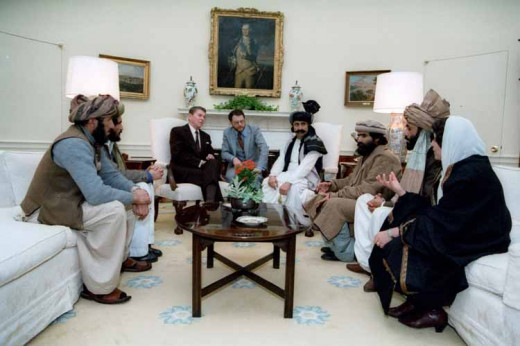
The Similarities Continue
Of course, President Reagan would be much more in line with those who are concerned with the so-called culture wars. Reagan did not support Roe v. Wade. It is quite possible that he would have opposed same-sex marriage, although it was not really an issue in his day. However, those who claim to be most adamantly against these issues continuously bring up other issues when complaining about President Obama.
The similarities between the two, except on social issues, continue. Conservatives complain about the exploding budget deficit under President Obama. Extreme deficits that were not related to World Wars or the US Civil War basically started under Reagan. When he took office, the national debt stood at less than $1 trillion. He then proceeded to triple the number. When people complain about Obama increasing the federal debt more than all presidents combined, they are wrong. Those who said the same about Reagan would actually be telling the truth. Of course the numbers are bigger now, to be fair, but President Reagan oversaw unprecedented spending.
On immigration, President Reagan actually signed off on amnesty for many "illegal" or "undocumented" immigrants. In fact, nearly 3 million people got amnesty from the 1986 Immigration Reform and Control Act. Where people think that Obama wants to allow millions to become Americans to get Democratic votes, he is following in the footsteps of the Great Communicator.
Final Thoughts
Of course, it is somewhat dangerous to apply current landscapes to the past, but it is important to put current politics in a historical context. Those who have great fear of President Obama seem to focus upon his economic and foreign policies. In these areas, he actually seems to fall fairly closely in line with the conservative saint Ronald Reagan. On some social issues, he is obviously widely divergent.
However, the point that is to be made is that from an economic standpoint, what was once considered good American policy is now considered communism. What was once considered good foreign policy is now considered aiding and abetting terrorists (of course, it was basically the same thing back in the 1980s, but the enemy of my enemy is my friend).
Ronald Reagan, being the professional actor and the Great Communicator, were he running today might move his talking points to the right of where he was in the 1960s to the 1980s. He would definitely have to in order to win the Republican presidential nomination.

